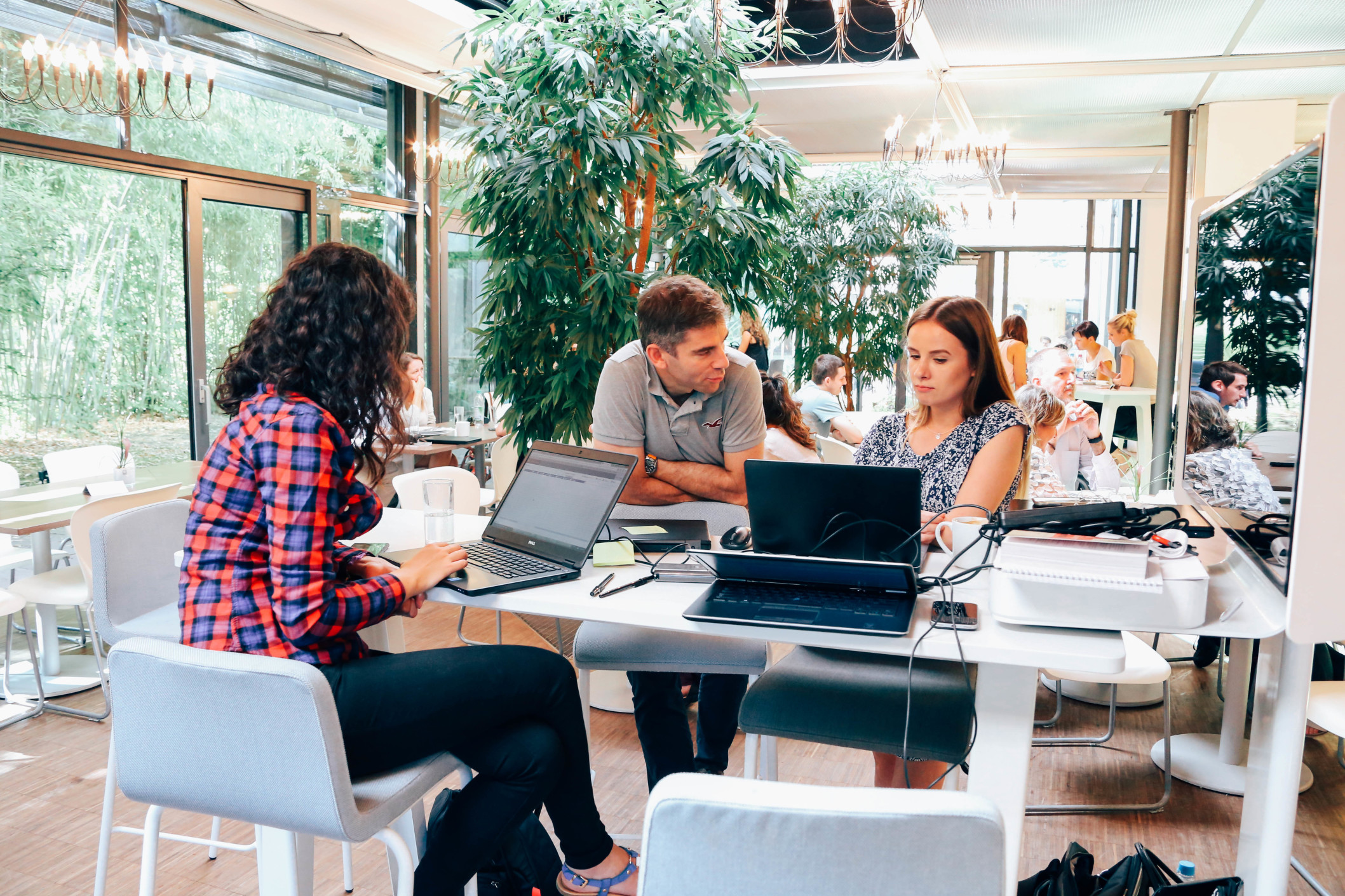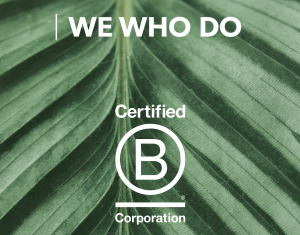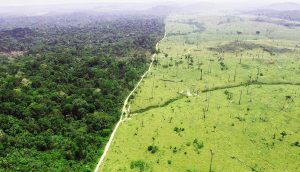With no signs of a slowdown in progress, we’ve set about looking at the big changes already taking shape which could revolutionise our future working lives.
6. A Fight Back from the Creatives
In recent years there has been a strong emphasis on training people in the STEM subjects of science, technology, engineering and maths. When it comes to GCSEs, between 2012 and 2017 entries for Design and Technology dropped by 32%, Drama by 14%, Music by 8%, Performing Arts by 26%, and Art by 1%. The government’s own figures suggest the creative industries are worth an incredible £92 billion to the UK economy, yet there has been a chronic lack of funding and as more students are herded away from creative subjects and into more practical subjects, there may well be a ticking time bomb when it comes to a creative skills shortage.
Employers have been lobbying hard for more graduates trained in the STEM subjects, but now that wish has come true, they have discovered another problem. Research by The British Academy found employers were also looking for communication skills, adaptability and research skills, all things which degrees in humanities, social sciences and creative subjects help develop. With more emphasis on data, facts and figures, employers are now finding job applicants are less ‘rounded’.
This could mean that there’s a fight back from the creatives in the future, as employers demand a workforce which can be both technically and creatively minded at the same time. There’s a place for both, and it seems highly likely there will be more effort made to strike the right balance in coming years.
5. Increased Globalisation
Thanks to the internet, the world is a far more joined up place. In tomorrow’s world of work, it looks likely that companies are going to spread themselves far and wide, setting various parts of their operations in the countries where they can find the right people with the right skillsets.
That could mean basing production in Eastern European, a call centre in India and headquarters in London or New York, because it’s never been easier for different arms of an organisation to link up and work together wherever they are in the world.
However, as Manpower’s Jeffrey Joerres explains in the Harvard Business Review, where one company goes on the international stage, others will follow. As competitors all try to muscle in on one particular location, the market becomes saturated and companies move on with what Joerres describes as a ‘nomadic mentality’. That could mean companies setting up shop here and there before moving on, often without retaining their staff.
4. More Emphasis on Corporate Responsibility
Millennials in particular are incredibly aware of the harm big business can do. The past couple of decades have seen huge interest in Fairtrade products and green issues such as the air miles of the food we buy and animal welfare. More recently attention has been drawn to plastics and the impact our consumer choices are having on the planet, and on the people who produce our goods.
In the future, it’s almost certain that corporate responsibility will come under greater scrutiny. Companies will have to do more to prove they can be a force for good rather than ill if they want to win round consumers and build a more trusted brand. That could mean proving they treat their workers fairly, that they are reducing their carbon footprint or that they’re using more sustainable resources.
The trend is already being set. According to KPMG’s 2017 Survey of Corporate Responsibility, among the 250 biggest companies around the world, Corporate Responsibility reporting has doubled in the past twelve years. Pressure to improve their green credentials also meant that 67% were now disclosing their carbon emission targets, and the numbers will only continue to climb as people become more politically aware.
3. A Rise in Freelancing and the Gig Economy
Be it through choice or necessity, many more people have become freelance or casual workers since the financial crash of 2007 and there seems no let up in the trend. Whether it’s because of a shortage of full-time work or simply because people are turning away from the structure of the corporate world, there’s been a sharp spike in those choosing to fly solo or getting flexible work in the so-called ‘gig economy’.
In another study by McKinsey, it was revealed that around 162 million people in Europe and the USA took on some sort of independent work – that’s around 20-30% of the working age population. The researchers divided respondents into four different categories, finding that 30% were freelancers through choice, 40% were taking on casual work for extra income, 14% were freelancing reluctantly and a further 16% were doing it solely because they were feeling the pinch financially.
While permanent roles are never going to disappear, hiring low cost casual staff helps companies keep overheads down and reduces other headaches such as pensions, sick pay and holiday entitlement. Whether you like the idea or not, many more of us look set to go it alone in the future.
2. Lifelong up-skilling: the rate at which we will need to upskill in new areas
There used to be a time when education led you down one career path, but in today’s fast changing world employers are demanding more than a degree (More recently the top companies are ignoring qualifications like degrees with blind cv applications). Is the current education system answering the need for more practical skill sets by future employees.
With new business models, and new platforms updating every 3- 5 years, and so much more uncertainty the future of work will be led by those who are adaptable and able to learn fast. Continuous learning will be the new trend and also towards more human skills such as creativity, collaboration and problem solving skills.
To robot proof yourself in the next 10-20 years will mean we need to develop a more of a polymath and multidisciplinary skill set through lifelong learning whilst we live longer too.
With rapid change it requires continuous lifelong learning of new skills.
1. Artificial Intelligence and Automation
Artificial Intelligence (AI) is already having a huge impact on the way we work, but while some embrace the idea, others fear what the increased use of AI might mean for the workforce of tomorrow. Put simply, AI incorporates the systems, software and algorithms which enable a computer or machine to carry out tasks which normally require human thought and intelligence.
Human Resources departments, for instance, now regularly use algorithms which assess candidates’ CVs and personality tests to help them identify the best applicants in a faster and more accurate way. When it comes to online marketing, computers are getting better at tailoring advertising so that it reaches the right people and at identifying potentially fraudulent transactions.
While there are obvious benefits to machines taking over the more mundane tasks, some worry we could be doing ourselves out of a job. Research by McKinsey&Company has found that around 45% of the tasks human workers currently carry out could be done by readily-available technology, but they say very few jobs will become fully-automated in the near- or medium-term. It’s also worth remembering that a growth in AI may in fact create as many jobs as it takes away, as no matter how smart the computer gets, it will still need people to create, build and maintain the systems behind it.










